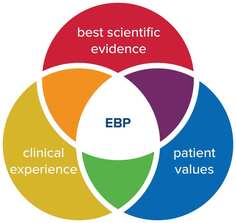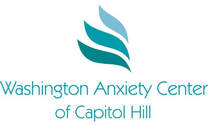
One of our most important and major goals as a practice is to inform our potential patients and the public about the proper and most evidence-based treatments that are available for anxiety, depression, and behavioral concerns. However, the meaning of “evidence-based treatment” (or also known as an “empirically supported treatment”) remains a mystery to Evidence-Based Treatment most people.
For a certain psychological approach/treatment to be considered and qualified as an official “Evidence-based treatment/practice (EBP)” it has to undergo several large, well designed controlled, randomized studies (with a large number of patients and control group), dismantling studies (where the individual treatment variables are examined in Evidence-Based Treatment individually for their efficacy), and meta-analytic studies (where several studies are compared to one another to determine the treatment’s effectiveness). All of these studies examine the effectiveness of these treatments across thousands, if not hundreds of thousands of patients.
Unfortunately, evidence-based treatments in psychology are actually pretty limited. There are only a handful. Across the nation, approximately 15 percent of mental health providers are trained and practice EBPs. At our center, we only practice evidence-based treatments.
These are as follows:
Cognitive/Behavioral Therapy/Exposure Therapy
Acceptance and Commitment Therapy
Parent-Child Interactive Therapy
Evidence-Based Couples Counseling
For a certain psychological approach/treatment to be considered and qualified as an official “Evidence-based treatment/practice (EBP)” it has to undergo several large, well designed controlled, randomized studies (with a large number of patients and control group), dismantling studies (where the individual treatment variables are examined in Evidence-Based Treatment individually for their efficacy), and meta-analytic studies (where several studies are compared to one another to determine the treatment’s effectiveness). All of these studies examine the effectiveness of these treatments across thousands, if not hundreds of thousands of patients.
Unfortunately, evidence-based treatments in psychology are actually pretty limited. There are only a handful. Across the nation, approximately 15 percent of mental health providers are trained and practice EBPs. At our center, we only practice evidence-based treatments.
These are as follows:
Cognitive/Behavioral Therapy/Exposure Therapy
Acceptance and Commitment Therapy
Parent-Child Interactive Therapy
Evidence-Based Couples Counseling




